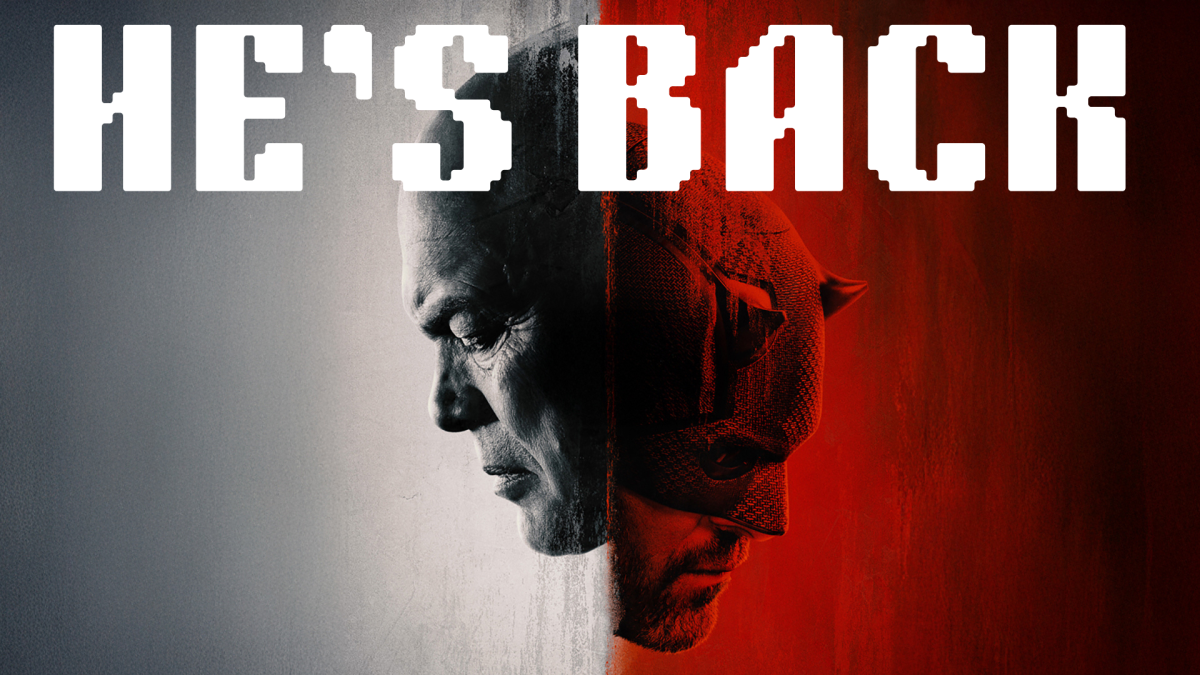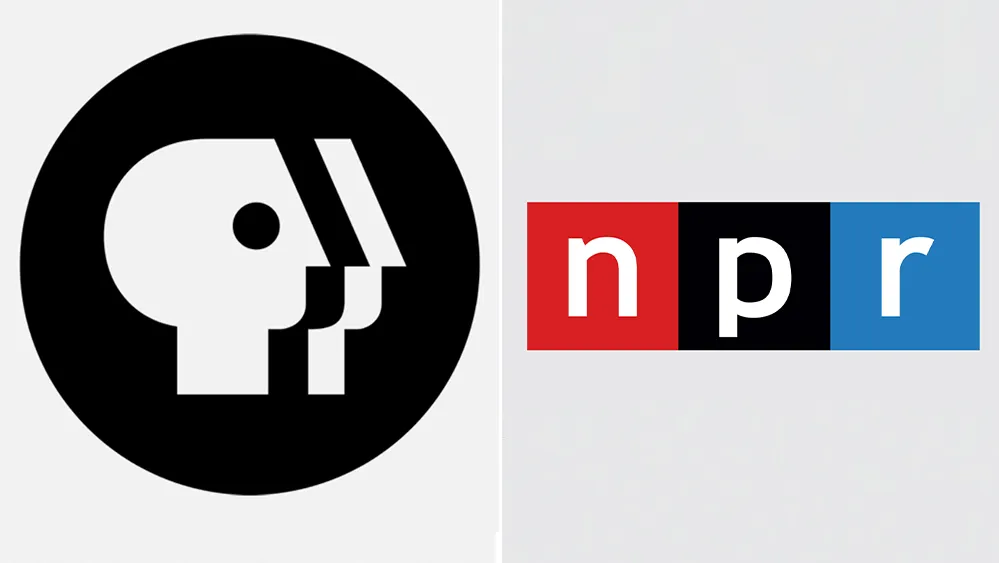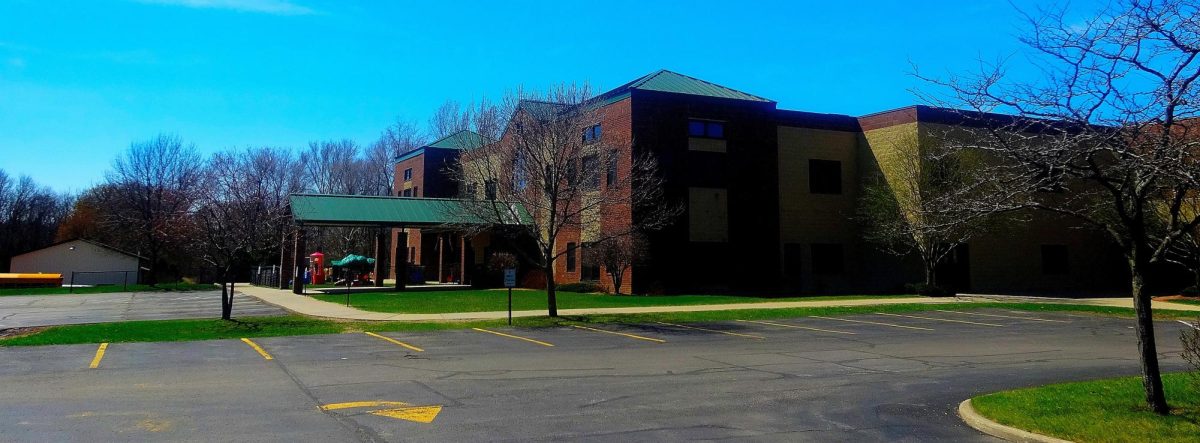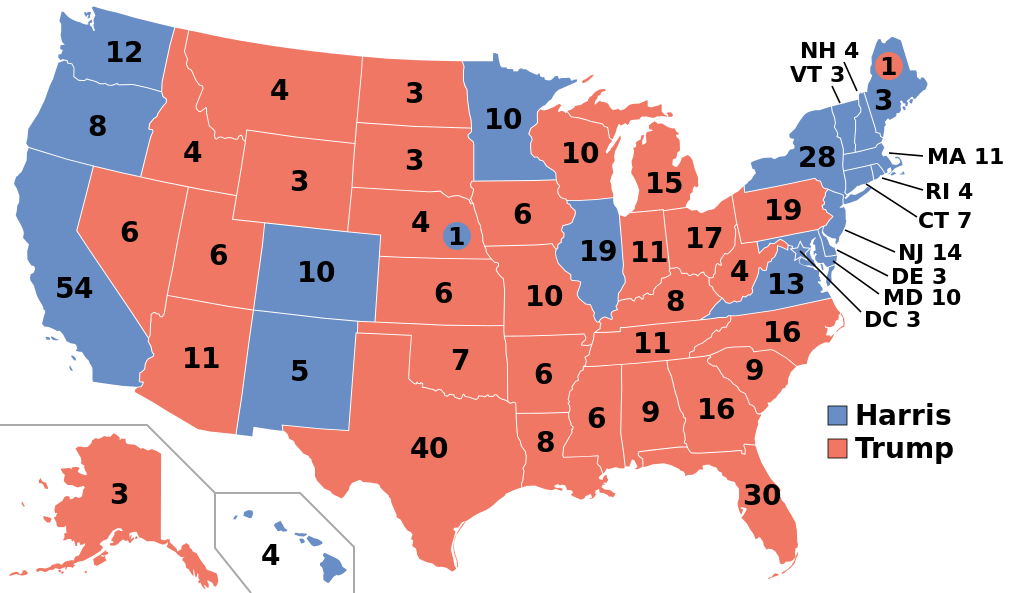Breadth or Depth in Education?

August 25, 2022
Your “Focus” Should be on a Liberal Arts Education by Olivia Zhu
Here’s a question: What do you want to do after high school? If you don’t know, that’s not uncommon–the future for many high schoolers is rarely clear. After all, depending on the circumstances of your high school and the amount of outside of school opportunities that you’ve experienced, your exposure to various subjects may not be that varied. Or maybe you find that you’re interested in many subjects but are limited by the standard framework of many colleges and universities. Either way, breadth, not depth, is the way to go for post-high school education. Enter: liberal arts education.
So what is it? It’s schooling that covers the natural sciences, social sciences, arts, and humanities. Compared to instruction centered around a college major or specialized education at vocational school, a liberal arts education offers a varied palette of knowledge. In addition, many liberal arts colleges now put an emphasis on teaching real-world skills to its students. Among those include critical and analytical thinking skills.
There are a couple advantages to this breadth in education. Firstly, it allows students to continue to explore topics that interest them at a higher level. This is especially valuable for students whose education is limited by the financial circumstances of their school and are not able to access quality textbooks or other learning materials. While it is true that not every part of a liberal arts education directly translates to skills and knowledge that is needed for, say, a software engineer, grasping general knowledge–or a breadth in information– is key to understanding and contributing to society, which brings up my second point. If it is in our best interest to raise responsible citizens, then they need to be able to see how their line of work intersects with society. In other words, a computer science major should be learning about privacy and bigtech’s use of user information in addition to learning how to code. For those reasons, breadth in education is better.
A Deep Specialization is Best! by Elliott Weix
Ah, the academic dilemma: to specialize in a single subject, or to go for a broader education. We don’t get much choice in the matter throughout middle school, or even high school, but our hands are forced once it comes to the world beyond. While having a great breadth of knowledge and familiarity with subjects can be advantageous in a few fields, it’s often better to focus on building your expertise in one area because specialization offers more exciting work and allows you to pursue your passion to the greatest degree.
By focusing on a single thing, you can develop much more rapidly because you aren’t spreading out your energy to other areas that you won’t use. In essence, specialization gives you permission to devote as much time as you want to something without feeling guilty about neglecting other parts of your education. For instance, one of my friends wants to enter the skilled trades and become an electrician once they graduate, so they don’t need to spend their time focused on learning something they won’t need—say, cellular biology or ancient history. By saving all of that time and energy, you are now free to spend it on something else you want to do, or you could reinvest it in whatever you’re now focused on.
It would be remiss of me to deny that a broader education can also be incredibly fulfilling and rewarding. After all, the flexibility of being a “jack-of-all-trades” means you could move with greater ease between career fields, should you change your mind regarding what you want to study. But even the most diverse college and university curricula usually require some degree or another of content and skill specialization, whether it be majors, concentrations, or clusters. Spreading out so much can deny you the opportunity to excel in your favorite areas, making you a master of none.
Overall, specializing is probably best for folks who have a clear idea of what they want to do in life, such as my aforementioned friend, and don’t see themselves changing that goal any time soon. But if you have a diverse set of interests and often find yourself having a hard time making a decision, consider branching out.


















































